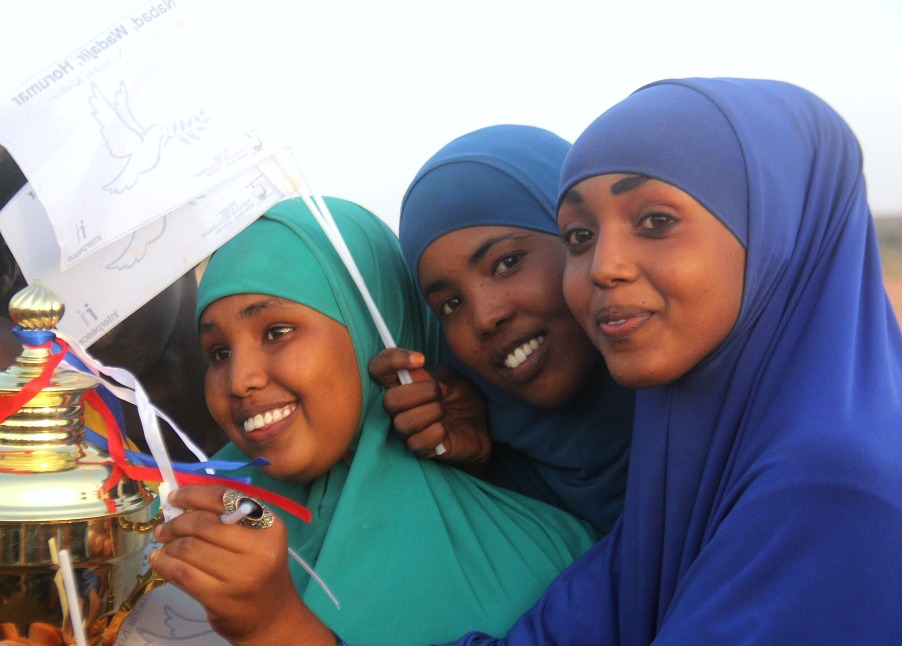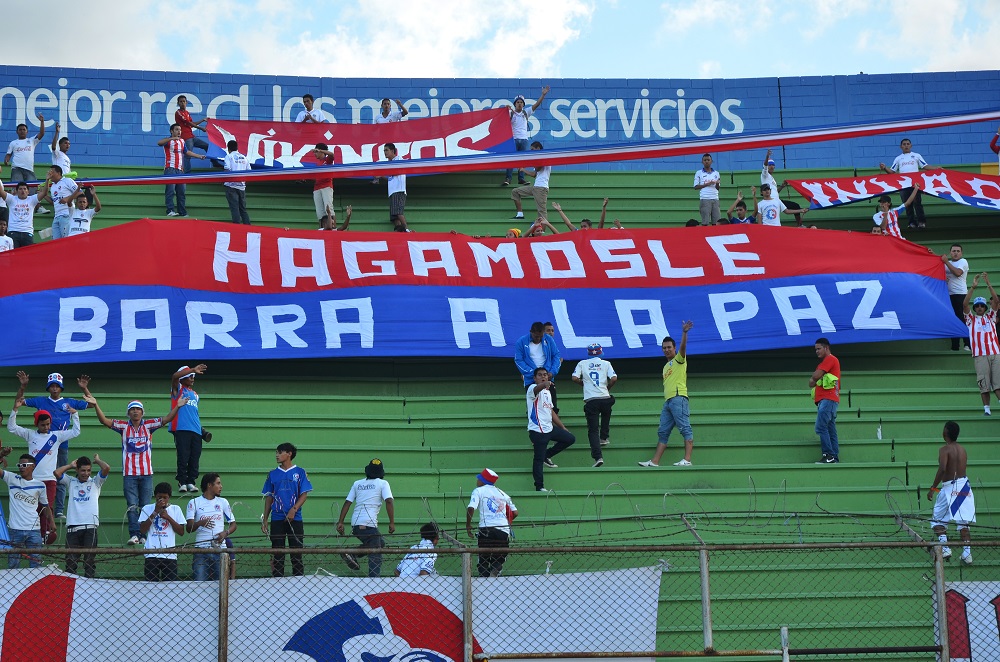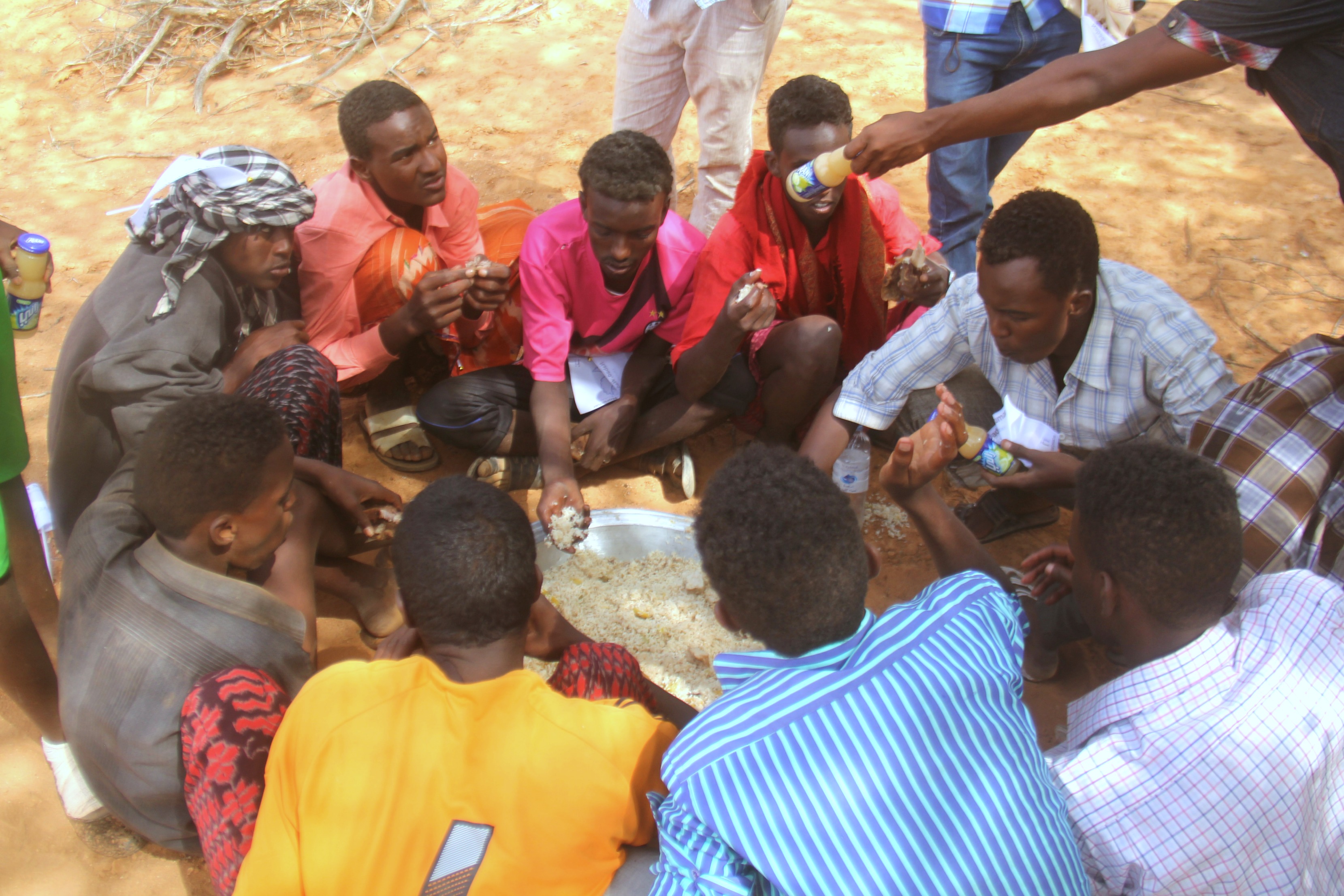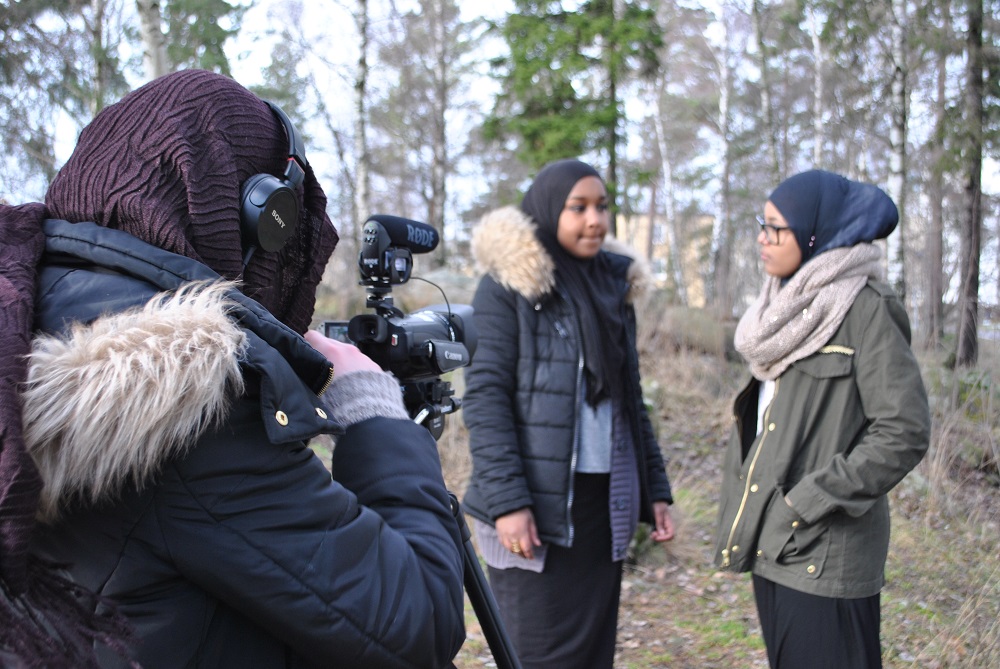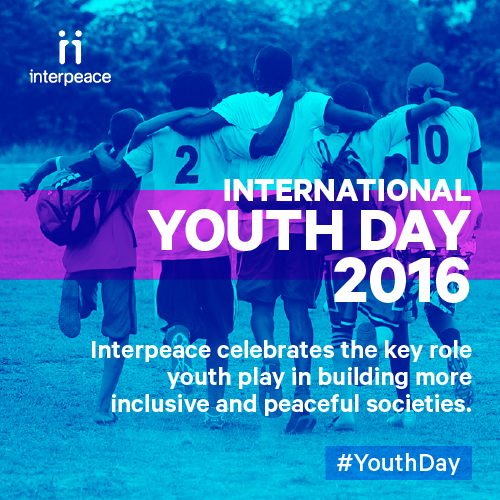Empowering youth to transform conflict and build peace

Youth are one of the main victims of exclusion around the world, both in fragile and developed contexts. Ethnic diversity, as well as religious, economic, social and political differences, create multiple barriers within societies, which most often fail to respond to the needs of young people. In this absence of opportunities and participation, youth become vulnerable and many times stay caught in a vicious cycle of violence and stigmatization. But as UN Secretary-General Ban Ki-moon said, “Youth are more than victims of poverty and economic downturn – they can be agents of change.”
Interpeace recognizes that marginalization and disengagement can lead to devastating effects in the lives of young adults. But if they are given the opportunity, youth have an invaluable role in the contribution of building more inclusive and peaceful societies. For this reason, in the past 22 years, Interpeace has engaged youth in a wide range of peacebuilding initiatives, where they have become powerful leaders of positive transformations in their communities.
In Latin America Interpeace has worked with youth since 2007: leading participatory processes to develop comprehensive public policy proposals, which addressed root causes of youth-related violence in seven countries in Central America, and supported the creation of regional youth networks by providing trainings to improve their peacebuilding capacities. More recently, in Honduras and El Salvador, two of the countries with the highest homicide rates in the world, Interpeace has worked with sports clubs in Tegucigalpa to build trust and find common ground between rival groups, as well as promote entrepreneurial capacities with youth groups in El Salvador.
Working with youth has also been at the heart of many programmes developed in West Africa. In Abidjan, Interpeace and its partner organization Indigo Côte d’Ivoire work specifically with youth engaged in organized crime. Through a process of interactive dialogue, the project seeks to reconnect at risk youth with their respective communities. And in Mali, with its partner organization the Malian Institute of Action Research for Peace (IMRAP), programmes have focused on providing spaces for dialogue to promote trust and social cohesion by encouraging cultural exchange between young Malians.
In Eastern and Central Africa, Interpeace has also worked with multiple partner organizations to nurture youth as peacebuilders. Supported by its partner organization in Puntland, the Puntland Development Research Center (PDRC), youth were able to lead the way to peace in a feud between two clans in the Rako district helped by PDRC’s Mobile Audio-Visual Unit (MAVU). Youth activists were able to take action together, which led to the signing of peace agreements in 2015, which ended a five-year conflict. Moreover, working with The Economic Community of the Great Lakes countries (CEPGL), which brings people together from Burundi, the Democratic Republic of Congo and Rwanda, Interpeace has worked in diverse peacebuilding activities designed to foster critical thinking, deconstruct stereotypes, raise awareness about identity manipulation, and foster relationships among young adults from different backgrounds.
In developed nations like Sweden, exclusion is also a serious problem amongst the youth. In 2014, Interpeace developed a participatory research project to analyze the main issues facing the area of Tensta, a neighborhood that is home to a large immigrant population, which suffered a series of social unrests and protests in 2012 and 2013. Exclusion and marginalization were two of the main factors highlighted by the people interviewed, especially with regards to youth and how they are affected by a lack of participation in their community’s development and employment opportunities. Research also revealed that the Tensta youth can play a central role for positive change in the area. As a result, Interpeace is now working with youth on solutions to build more inclusive societies. A video was made by the young activists of Tensta telling their stories in a Documentary called “Dreams from Tensta.”
Breaking barriers, reinforcing trust and understanding the dynamics of youth groups around the world are fundamental strategies in peacebuilding efforts. Providing opportunities and spaces for active participation will help youth become the leaders of the future, and will enable them to recognize themselves as powerful agents of positive change. For this reason, Interpeace celebrates Youth Day - young adults, unquestionably, play a key role in building more inclusive and peaceful societies.
